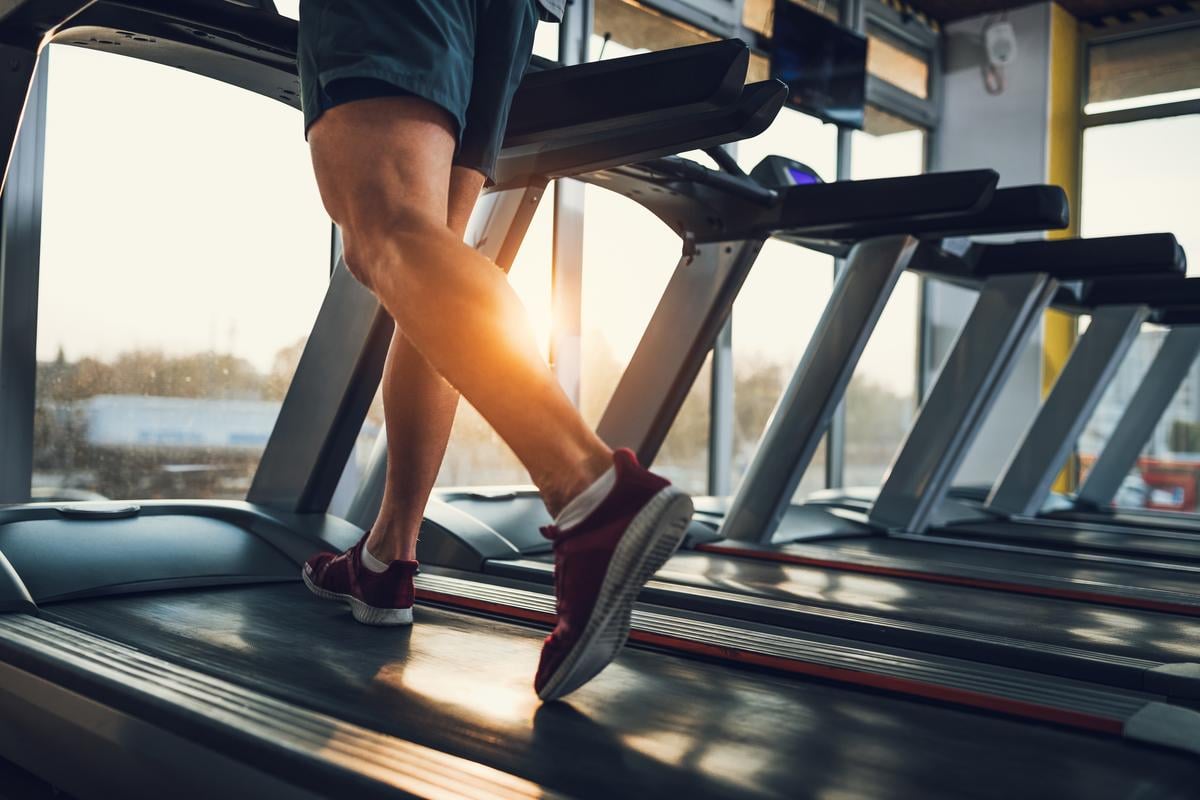
Want to give your brain a boost for tomorrow?
Get in a little pulse-pounding exercise today, a new study shows.
In a finding that suggests the benefits of exercise may linger longer than believed, researchers discovered that middle-aged adults and seniors perform better on memory tests even a full day after they’ve had some moderate to vigorous physical activity.
“Moderate or vigorous activity means anything that gets your heart rate up — this could be brisk walking, dancing or walking up a few flights of stairs. It doesn’t have to be structured exercise,” said lead researcher Mikaela Bloomberg, a senior research fellow in social epidemiology with the University College London’s Institute of Epidemiology & Health Care.
“Our findings suggest that the short-term memory benefits of physical activity may last longer than previously thought, possibly to the next day instead of just the few hours after exercise,” Bloomberg said in a UCL news release.
People ages 50 to 84 also did better on memory tests if they spent less time sitting the day before or got six or more hours of sleep.
Exercise is known to provide a short-term brain boost by increasing blood flow to the brain, and by stimulating the release of neurochemicals that support many different cognitive functions, researchers explained in background notes.
These brain chemical changes are known to last at least a few hours after exercise, but researchers suspected the boost might last even longer because other brain states linked to exercise are more long-lasting.
For example, evidence suggests that exercise can enhance a person’s mood for up to 24 hours, researchers noted.
And a previous study found increased activity in the hippocampus — a memory center of the brain — for 48 hours after high-intensity interval training on an exercise bike.
For the new study, 76 participants wore wristband activity trackers for eight days to monitor how much time they spent either being sedentary or performing physical activity. The trackers also monitored the people’s sleep.
Researchers also had the participants take cognitive tests each day, to track how their activities the day before might have affected their brain power.
More moderate or vigorous physical activity appeared to improve both their short-term working memory the next day, as well as their longer-term episodic memory of events.
More sleep also was linked to better working and episodic memory, as well as their psychomotor speed — a measure of how quickly a person detects and responds to their environment.
On the other hand, more couch-potato time meant worse working memory the next day.
The findings were published Dec. 10 in the International Journal of Behavioral Nutrition and Physical Activity.
“This study provides evidence that the immediate cognitive benefits of exercise may last longer than we thought. It also suggests good sleep quality separately contributes to cognitive performance,” said researcher Andrew Steptoe, head of behavioral science and health research with the University College London’s Institute of Epidemiology & Health Care.
“However, we can’t establish from this study whether these short-term boosts to cognitive performance contribute to longer term cognitive health and though there is plenty of evidence to suggest physical activity might slow cognitive decline and reduce dementia risk, it’s still a matter of some debate,” he added.
More information
The Cleveland Clinic has more on exercise and brain health.
SOURCE: University College London, news release, Dec. 9, 2024
Source: HealthDay
Copyright © 2026 HealthDay. All rights reserved.

Leave a Reply